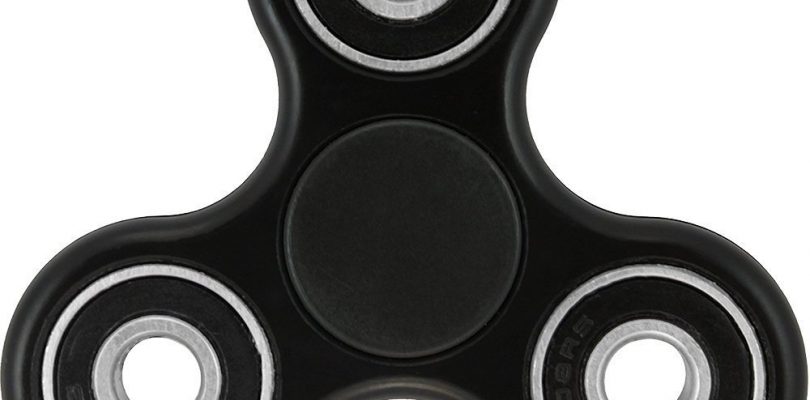
Fidget Spinners – A Cautionary Tale
If you have kids under 10 years old you are likely to have heard of the Fidget Spinner. Its the latest craze sweeping across playgrounds in the US and UK.
As kids crazes go, I have seen worse. Prices start at £2.99 and the Spinners don’t make a noise, don’t make a mess and wont numb the brain but, as with all these fads, the kids will no doubt move on to the next shiny new thing within weeks. When this happens, it will be interesting to see who has gained most from the millions of these Spinners currently being sold. For me, this is the most interesting part of the story and one that teaches an important lesson to innovative companies around the world.
The Fidget Spinner was invented by an American lady called Catherine Hettinger back in 1997 and, with a great deal of foresight, she patented her invention. However, as with many unfunded inventors she had real trouble convincing toy manufacturers to make the product and by 2005 she had given up trying. Crucially, she let the patent lapse because the $400 renewal fee were seen as too great an investment.
So when 12 years later the Spinner became ubiquitous in both the US and UK you would understand if Ms Hettinger was somewhat depressed at missing out on a fortune. But apparently not. She claims she is just happy that the Fidget Spinner has seen the light of day and been such a hit.
So the purpose of this article is both to commend Ms Hettinger for her equanimity but also, because we are an IP blog, to consider what she should have done to ensure that when the tills started ringing, she was the one who profited.
Well, keeping up with the patent renewal fees is the obvious first step. This would have allowed her to assert her rights and recover damages. However, it is worth pointing out that the patent would have expired this year (20 years after filing) and it would not have prevented copies being sold outside of the US. Nevertheless, Ms Hettinger could certainly have recovered damages way in excess of the renewal fees she was unwilling to pay.
Patents though are expensive to acquire and maintain so its always important to consider other cheaper rights when deciding how to protect your products. In this case, both design rights and trade mark rights could have come to Ms Hettinger’s aid. Both are far cheaper to obtain than patents and both can be easier to enforce. So, with the benefit of hindsight, in addition to keeping up with her patent renewal fees, Ms Hettinger should have considered trade marking the name ‘Fidget Spinners’ to protect the brand and also register the design of the product, thus giving her additional layers of protection at not much more cost.
So this is a cautionary tale. If you are an innovative business that has come up with a new product or design, think carefully about the myriad ways you can protect your hard work so that if, one day, it does become the next shiny new thing, it is you that reaps the rewards and not some opportunist copycat.





